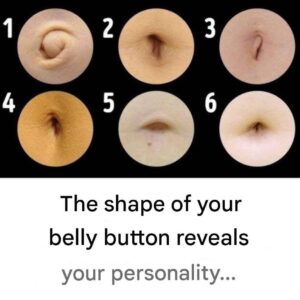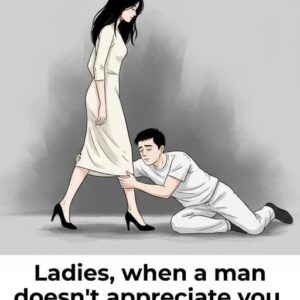At ninety years old, Hutchins—once known as the Bread King of the South—reflects on his life and the emptiness of success without love or legacy. After building a grocery empire across five states, he found himself alone in a vast house with no family to inherit what he had built. This led him to question who truly deserved his life’s work.
Determined to find someone worthy, Hutchins disguised himself as a homeless man and entered one of his own stores to observe how his employees treated those in need. He was rejected by most—until a young worker named Lewis quietly stepped forward, offering food, dignity, and a place to rest. That single act of kindness deeply moved Hutchins.
Lewis’s compassion stood out as genuine and unprompted. Hutchins, realizing he had found someone with true character, rewrote his will to leave everything to Lewis. He returned to the store days later in his true identity, publicly announcing Lewis as the future owner. The staff was stunned, but Lewis remained humble.
Soon after, Hutchins received an anonymous letter warning him about Lewis’s criminal past. A background check revealed Lewis had served time for car theft at nineteen. Confronted, Lewis admitted his mistake but explained how it shaped his life and values. He stressed that he now leads with empathy, having experienced life at rock bottom.
When Hutchins informed his estranged family of the will, they reacted with hostility and even threats, exposing their true intentions. Concerned for Lewis’s safety, Hutchins asked him what should be done. Lewis declined the inheritance, suggesting instead a charitable foundation to help others in need.
Taking his advice, Hutchins created the Hutchins Foundation for Human Dignity, appointing Lewis as director. In doing so, he ensured his legacy would live on—not through wealth, but through compassion and second chances.





